6 May 2025
Physical education (PE) has traditionally been about running laps, playing sports, and doing push-ups. But in today's fast-paced world, students need more than just physical fitness—they need mental and emotional well-being, too. That’s where mindful movement comes in.
Yoga and meditation aren’t just for yogis and monks. These practices can bring focus, relaxation, and balance to students, improving both their physical and mental health. So, why not weave them into PE classes? Let’s dig into why mindful movement deserves a place in every school gym.
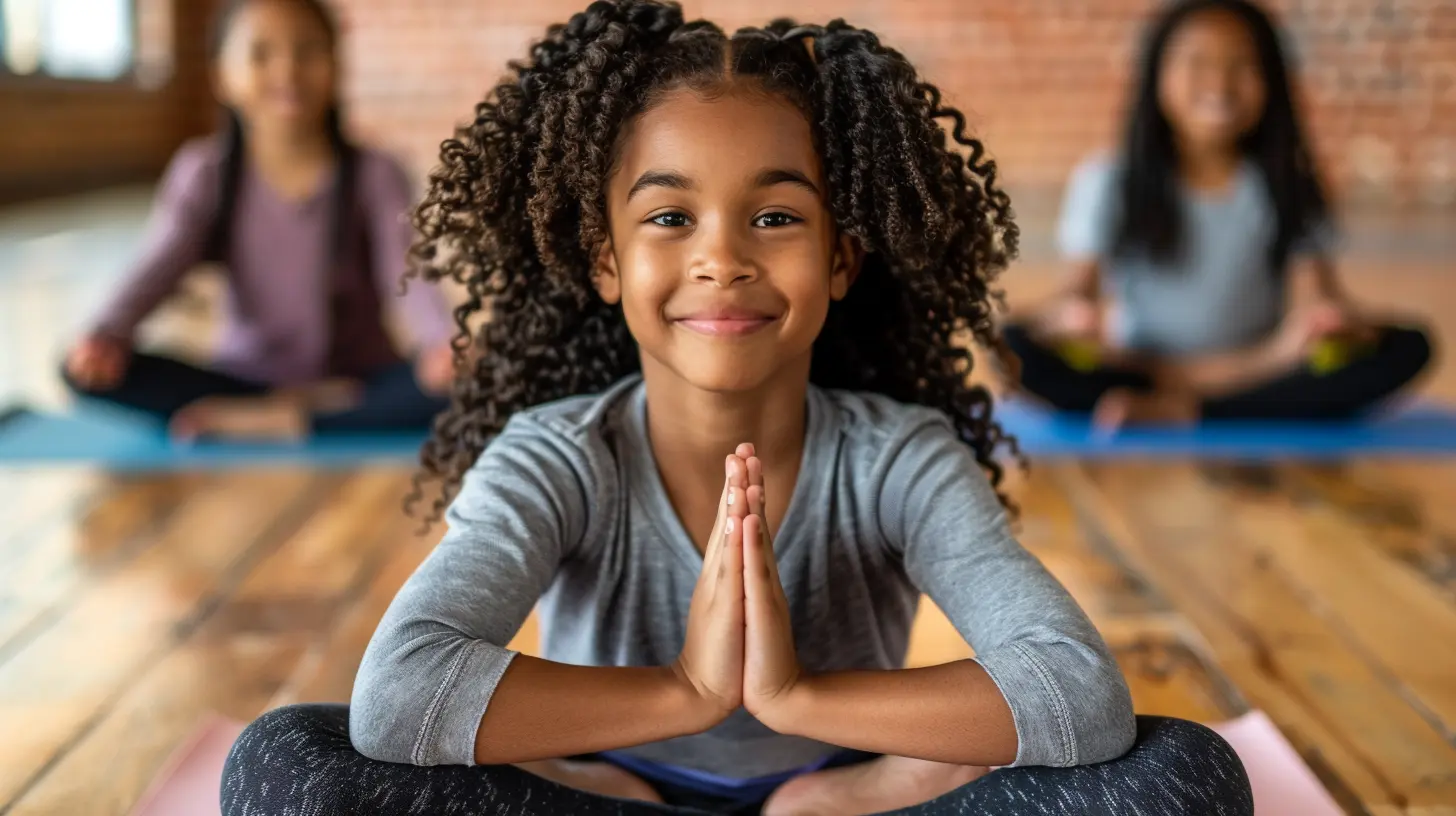
Why PE Needs More Than Just Exercise
PE has always been about keeping students physically active, but it's time for an upgrade. Kids today face more stress and distractions than ever before. Pressure from school, social media, and extracurriculars can take a toll. Traditional PE might strengthen muscles, but it doesn’t always help with stress management or focus.Yoga and meditation do. They teach students how to slow down, breathe, and become more aware of their bodies and minds. Think of it as a “work-in” instead of just a workout.
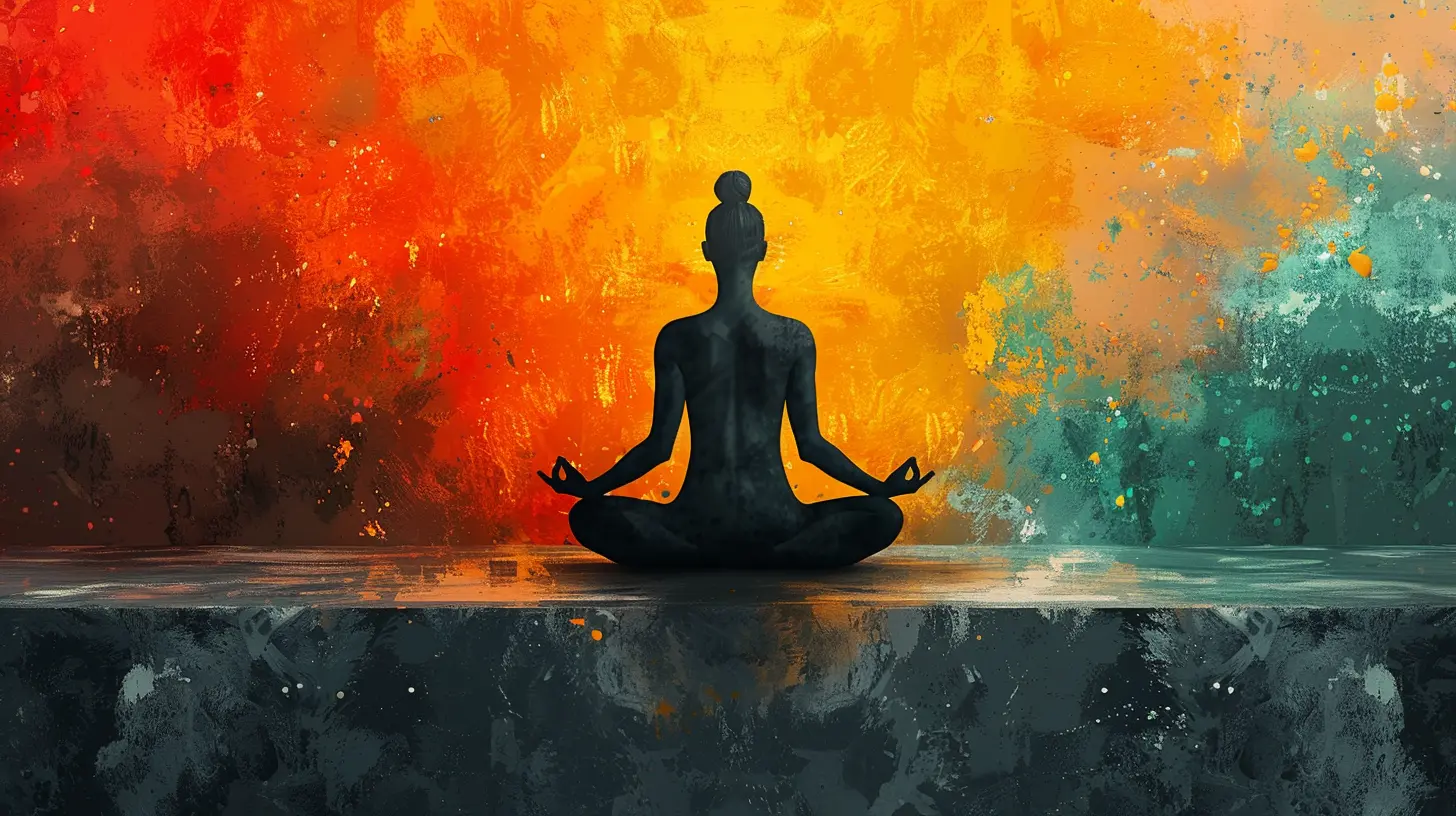
The Benefits of Yoga in PE
Yoga isn’t just about complicated poses or extreme flexibility. At its core, it's about mindfulness, strength, and balance—things that benefit students both on and off the mat.1. Improves Flexibility and Strength
Many kids struggle with flexibility and strength, especially if they spend hours hunched over desks. Yoga poses like downward dog, warrior poses, and tree pose help stretch tight muscles while building strength in a gentle way.2. Reduces Stress and Anxiety
School can be overwhelming. Yoga incorporates deep breathing and intentional movement, which help calm the nervous system. A few minutes of yoga in PE can turn a chaotic school day into something more manageable.3. Enhances Focus and Concentration
Ever notice how hard it is to pay attention when your mind is racing? Yoga teaches students to focus on their breath and body, improving concentration and overall awareness. That means better performance in class, not just in PE.4. Encourages Self-Discipline and Patience
Holding a pose takes patience and control. Yoga teaches students to stay in the moment, breathe through discomfort, and embrace progress over perfection—valuable life skills beyond the gym.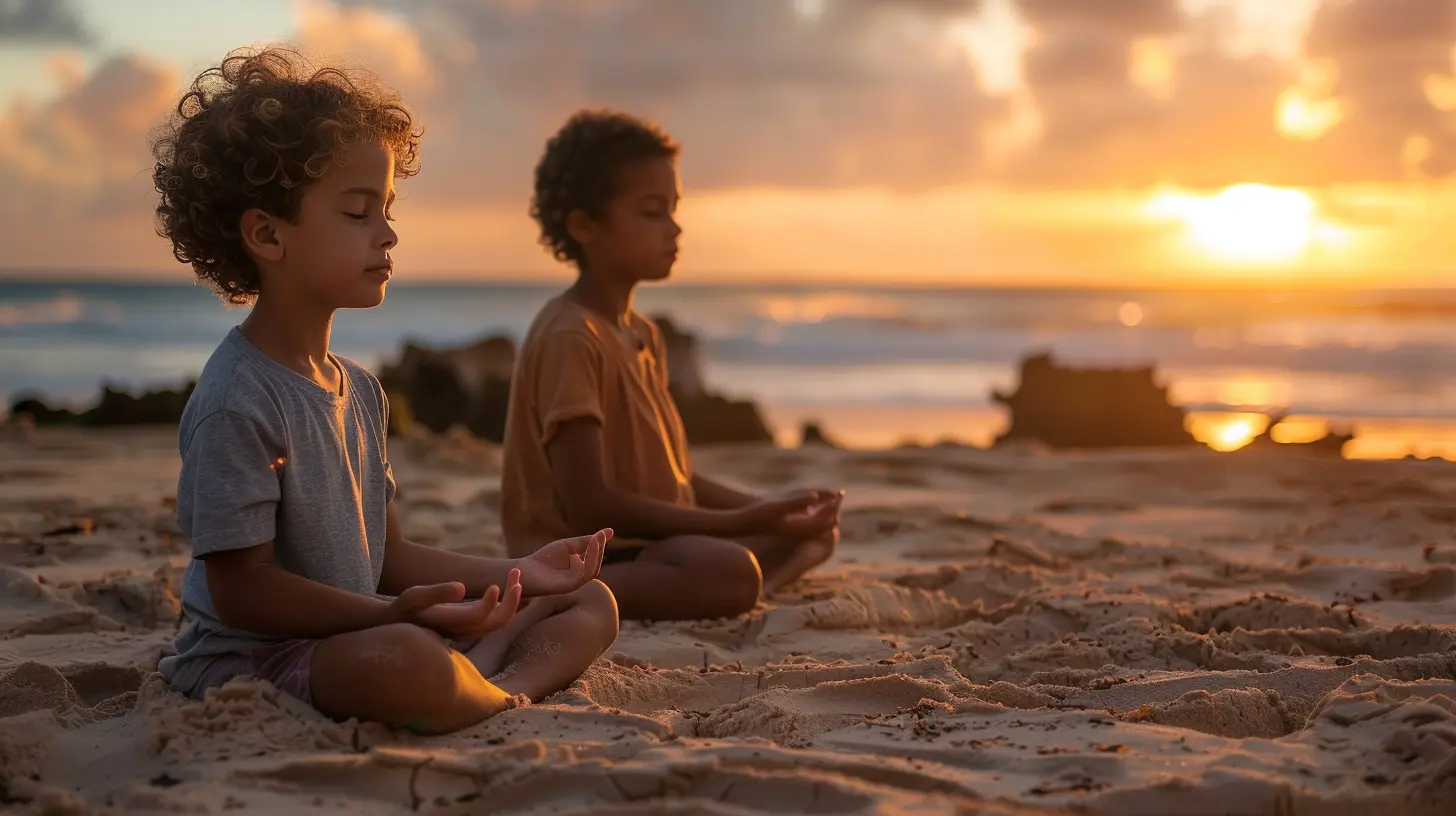
The Power of Meditation in PE
Meditation might seem out of place in a PE setting, but it’s a game-changer. Even a few minutes of mindfulness can help students reset, recharge, and refocus.1. Boosts Emotional Well-Being
Meditation helps students manage their emotions. It encourages self-awareness, reduces impulsivity, and helps kids respond to challenges with a calmer mindset.2. Improves Sleep and Relaxation
Many students don’t get enough sleep, which affects everything from mood to academic performance. Meditation before or after physical activity can help signal to the body that it’s time to unwind.3. Increases Resilience and Positivity
Life isn’t easy, and setbacks are inevitable. Meditation builds resilience by teaching students to observe their thoughts without judgment. Instead of reacting to stress, they learn how to manage it.4. Supports Better Breathing and Posture
Most of us don’t think about how we breathe, but proper breathing improves oxygen flow, energy levels, and even posture. Teaching kids mindful breathing techniques can help them make better physical and mental health choices.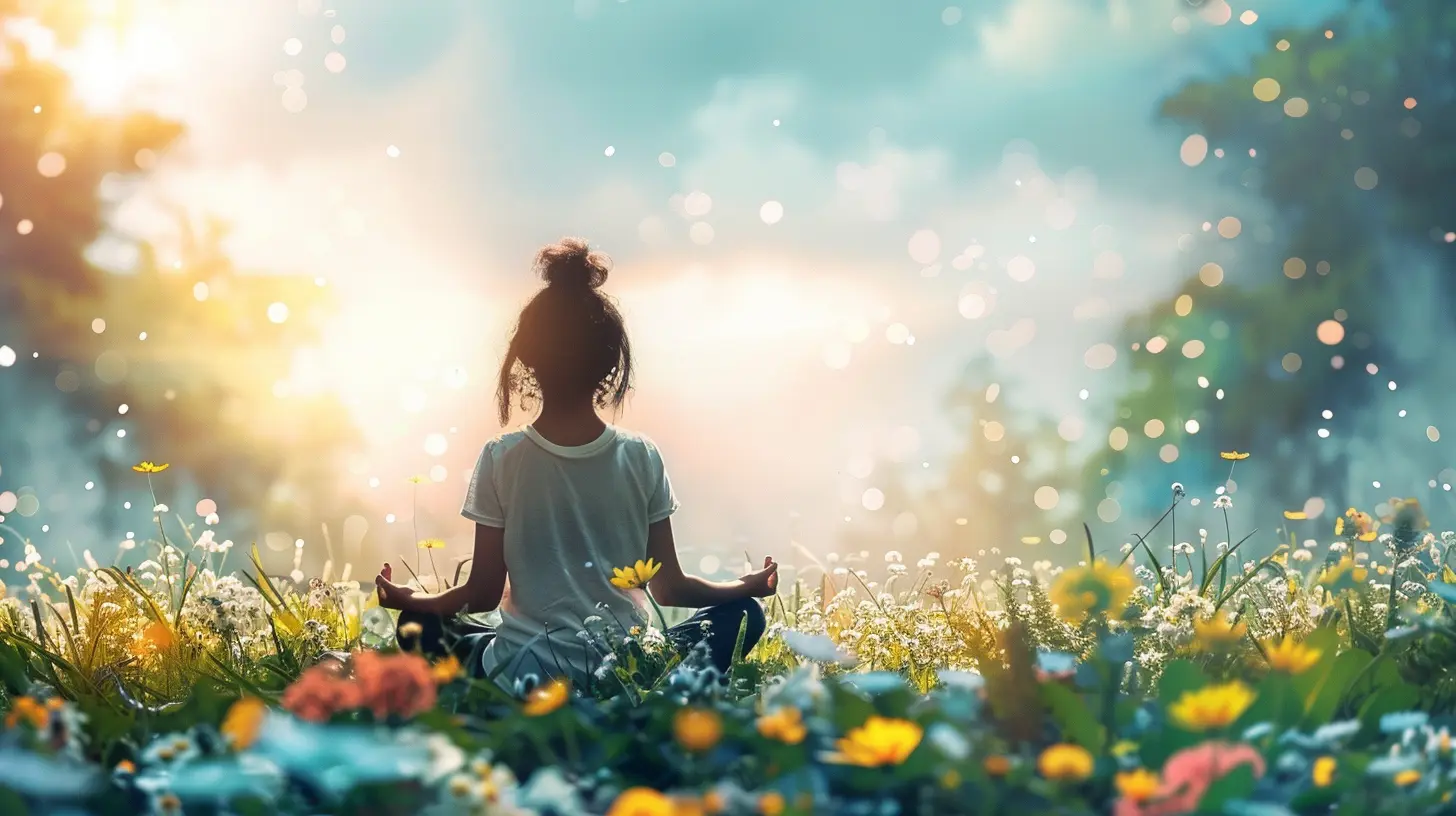
How to Integrate Yoga and Meditation into PE
Alright, so we know why yoga and meditation matter. But how do we actually fit them into busy PE classes without sacrificing movement and activity? Here’s how:1. Start with a Warm-Up Flow
Instead of the usual jumping jacks or sprints, begin PE class with a 5-minute yoga flow. Sun salutations, cat-cow stretches, and gentle twists can wake students up while preparing their bodies for activity.2. Use Yoga for Cool-Downs
After high-energy activities like running or sports, introduce yoga as a way to cool down. A few gentle poses and deep breaths help relax muscles and prevent soreness.3. Introduce Short Meditation Sessions
Meditation doesn’t have to be 30 minutes long. Even 2-5 minutes of guided breathing or silent reflection at the end of class can make a huge difference in students’ moods and focus.4. Incorporate Mindful Breathing Exercises
Teach students how to use deep belly breathing or box breathing to manage stress. These techniques don’t just work in PE—they’re useful before a big test, during a stressful situation, or even at home.5. Make It Fun and Interactive
Let’s be real—some students might resist sitting still or trying yoga. Make it engaging by playing calming music, leading mindful movement games, or using visualization techniques. The more interactive, the better.Addressing Common Concerns
Some educators and parents might be hesitant about adding yoga and meditation to PE. Here are a few common concerns and how to address them:1. “Isn’t PE About Physical Activity?”
Absolutely! But mindful movement enhances physical activity rather than replacing it. Yoga builds strength, flexibility, and endurance, all of which are essential for fitness.2. “What If Students Find It Boring?”
It’s all about presentation. When introduced in a fun and engaging way, yoga and meditation can be just as interesting as sports or traditional exercises. Plus, the benefits speak for themselves.3. “Does It Take Too Much Class Time?”
Not at all. Even just a few minutes of mindful movement can have a huge impact. Teachers can easily integrate yoga and meditation into warm-ups, cool-downs, or transition times.The Future of Mindful Movement in Schools
We’re moving toward a future where education isn’t just about memorizing facts and passing tests—it’s about preparing students to handle life. Mindful movement is a step in the right direction. By blending yoga and meditation into PE, we’re giving kids tools to improve their mental and physical well-being.Schools that embrace these practices will see students who are not just fitter but also calmer, more focused, and more resilient. And honestly, isn’t that what education should be all about?
So, next time you think about PE, don’t just picture whistles and running drills. Imagine a room full of students stretching, breathing, and becoming the best versions of themselves. That’s the power of mindful movement.



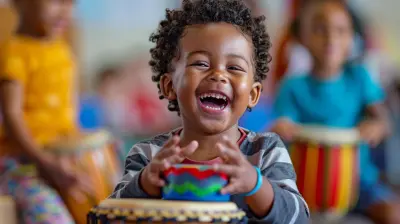





Natasha McCaffrey
Great insights on blending mindfulness with physical education!
February 3, 2026 at 5:58 AM